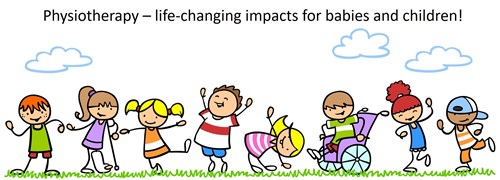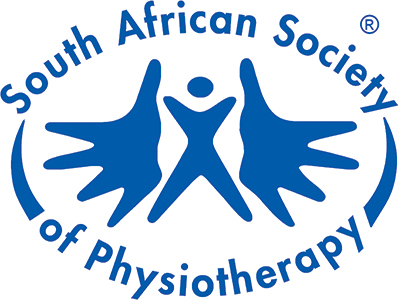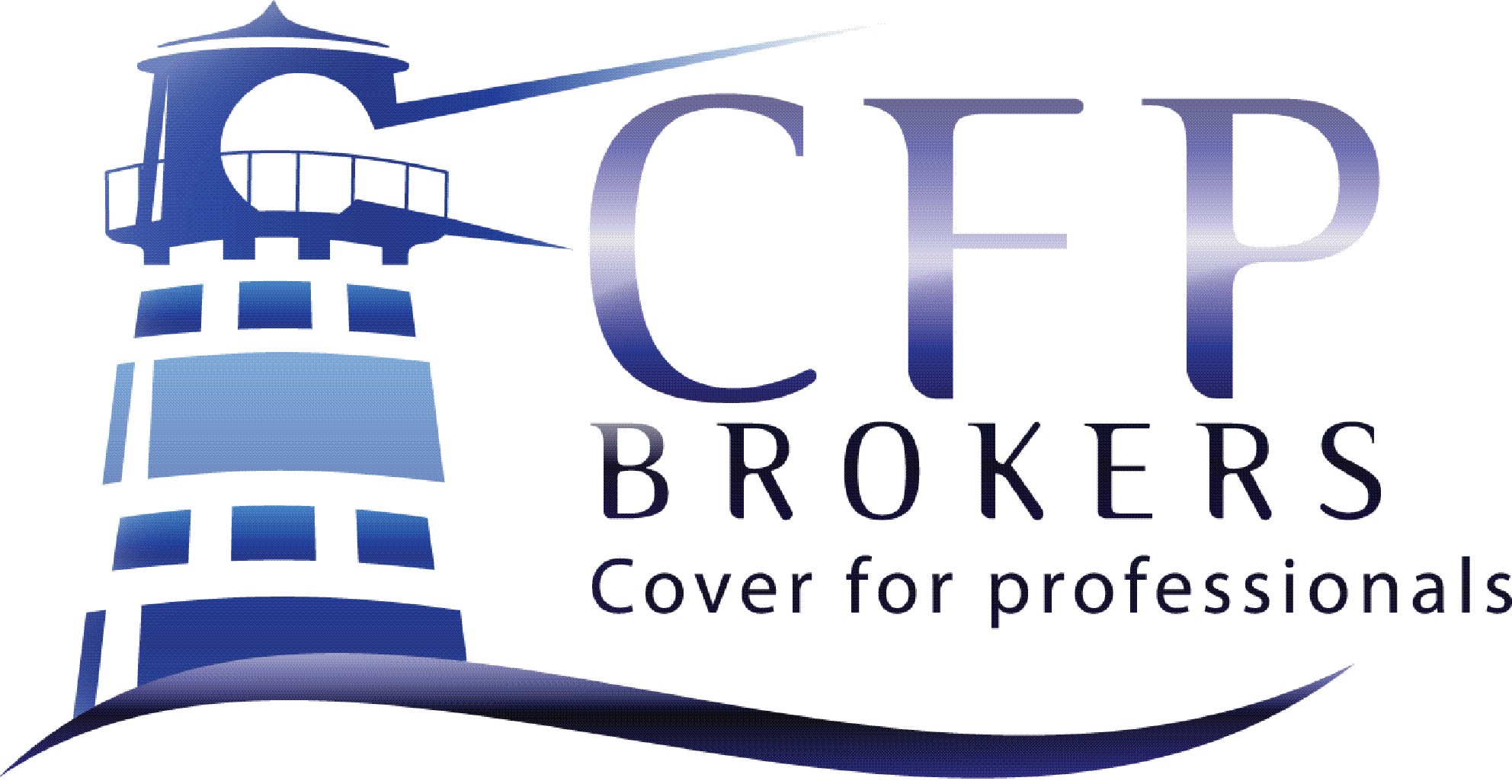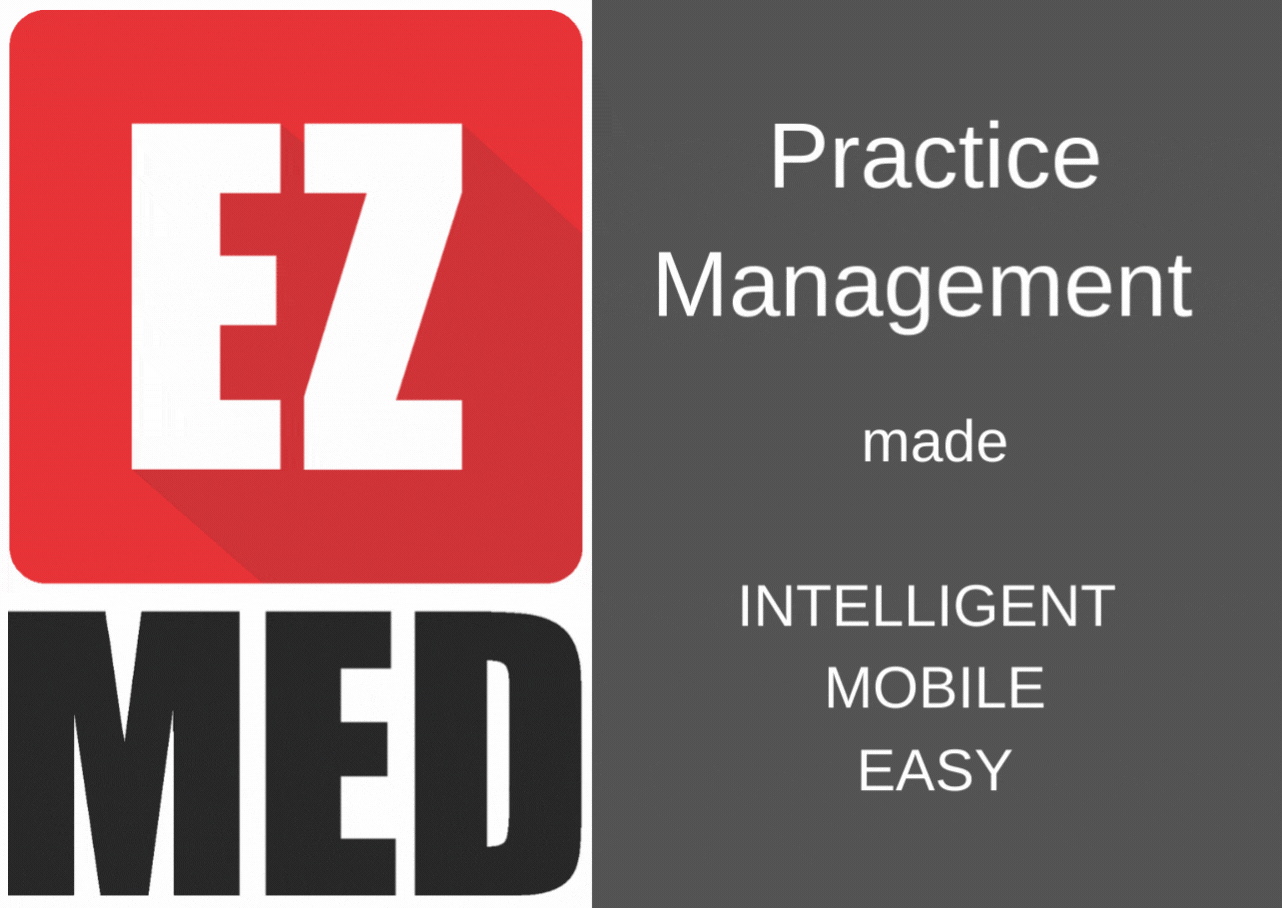
Bringing up baby
Who’s that person on the floor of the consulting room, making faces and shaking toys at a giggling baby?
That’s a physiotherapist, someone who has made it her (or his) life’s work to treat infants. Physiotherapists, with a special interest in paediatrics, have completed their four-year university qualification and community-service year, but have then gone on to do extensive further training in specifically treating infants and children – many of our local physiotherapists have gone as far as doing master and doctorate degrees in this special field of interest.
But what do they do? Ask any of your friends and neighbours what they know about the use of physiotherapy for babies and children, and chances are good they’ll only remember that a relative once took her child to a physiotherapist for “chest physio”. This is an important role the paediatric physiotherapist can play: when a baby or child has a respiratory infection where mucus builds up and areas of the lungs are not functioning properly, it can be very distressing for both child and parent. Chest physiotherapy and breathing exercises loosens and removes the excessive secretions and helps baby/child breathe better.
But there is a whole other world of treatments that physiotherapists can provide, many of them with life-changing impacts for babies and children.
Developmental delays
Premature babies and babies born with slight to severe problems often don’t meet their development milestones. Each baby has its own journey and schedule of course, but there is a ‘normal’ time range in which babies should achieve physical skills such as: rolling; sipping from a cup; sitting up by themselves; reaching and grasping toys; saying mama or dada; moving around on the tummy and crawling as well as developing walking ability and various other coordination and fine motor skills as young toddlers.
If there is any delay in reaching milestones or you have concerns about the way your baby is posturing or moving, it’s imperative to see a physiotherapist as early as possible. The sooner a physiotherapist starts working with your baby, the sooner you will understand what is happening and how you can help your baby – and the more likely it is that your baby can be helped to be the best he or she can be.
Corrective surgery
In some cases, the solution for your baby or child will be corrective orthopaedic surgery. With the advances in surgery and medical technology, it’s often very successful these days and many physiotherapists work in a team with the surgeons, to achieve the best result, by preparing your baby for the surgery and helping him or her rehabilitate afterwards from day one.
Neurological issues
Some babies are born with problems that affect how their central and peripheral nervous system works – premature babies, for example, may suffer from low muscle tone, or restrictions in the range of their movements. Other conditions can also affect babies and children, such as injuries to the spinal cord or head, nerve lesions and palsies, cerebral palsy, downs syndrome, muscle dystrophies and spina bifida.
Physiotherapists have studied the treatment of infants and children and have special skills and understanding of what is happening in the connection between the central and peripheral nervous system and all the systems and functions of the body, and will be able to help your baby or child achieve better control in their posture, movement and overall participation in play and in life.
What do physiotherapists with a special interest in paediatrics do?
Much of the session will look a lot like play to you and your baby, as the physiotherapist always aims to make therapy fun. The physiotherapist may use play techniques and adjusted therapeutic activities and handling/games, to both assess and treat your little one. The physiotherapist may use manual, spinal, neural, soft tissue or joint mobilisation, various exercise techniques, postural correction and movement facilitation strategies as well as various other standard physiotherapy techniques, electrophysical modalities including methods for encouraging motor learning and last but never least, education.
The physiotherapist is also well qualified to advise you on how to adapt everyday activities and the home environment to work with your baby’s/child’s specific needs, and to design, fit and use various assistive tools, prostheses and technologies to help your child adapt and thrive.
Physiotherapists in South Africa are first-line practitioners; that means you don’t need a referral letter from a doctor to see a physiotherapist, you can pick up the phone and make an appointment immediately. Physiotherapists can also diagnose conditions/injuries and refer patients for radiology examinations as required. We do advise patients to check their medical scheme benefits and requirements first before visiting a physiotherapist.
To find a physiotherapist, with a special interest in paediatrics, go to Find A Physio on this site.
Back









